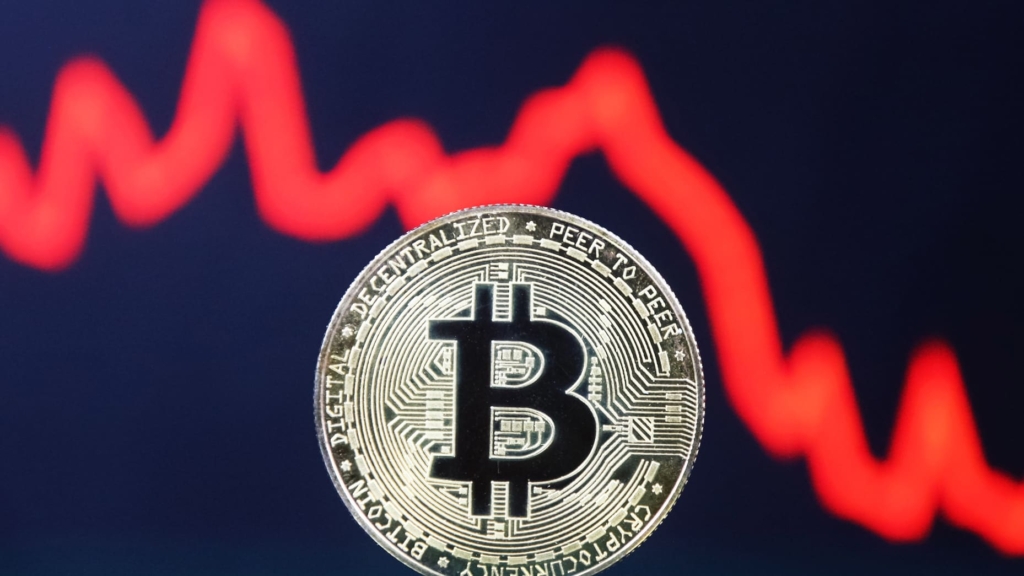Over the weekend, SOMESING, a popular South Korean karaoke service, was hacked, resulting in the theft of hundreds of millions of SSX tokens.
Following the incident, several South Korean crypto exchanges, including Upbit, Bithumb, and Coinone, have issued warnings to users and taken immediate steps to reduce potential investor risks.
On January 29, Upbit, South Korea’s largest crypto exchange, issued a press release informing users of the SSX token hack and outlining precautionary measures to address the situation.
Upbit and other exchanges responded to SOMESING’s request by temporarily suspending SSX token deposits and withdrawals.
According to the press release, Upbit has designated the SSX token as a ‘cautionary asset’ due to security concerns raised by suspicious movements in SOMESING Foundation wallets.
The decision is consistent with the Digital Asset Exchange Association (DAXA) designation designed to protect investor interests.
The ‘cautionary asset’ label triggers a review period from January 19, 2024, to February 14, 2024, during which Upbit will evaluate the SSX token’s status and determine whether to extend, lift, or terminate the ‘cautionary asset’ designation.
SOMESING first disclosed the hack on January 27, reporting an unauthorized withdrawal of 730 million SSX tokens (around $11 million at the time) to unknown wallets.
The Foundation clarified that 504 million of the stolen SSX tokens were originally intended for circulation by the end of 2025, with the remaining 226 million included in their circulating supply plans.
SOMESING’s investigation indicates that the attack was most likely carried out by professional hackers with no involvement from the platform’s team.
In response, the Foundation promptly reported the incident to the National Police Agency’s Cyber Investigation Unit, with plans to involve Interpol.



